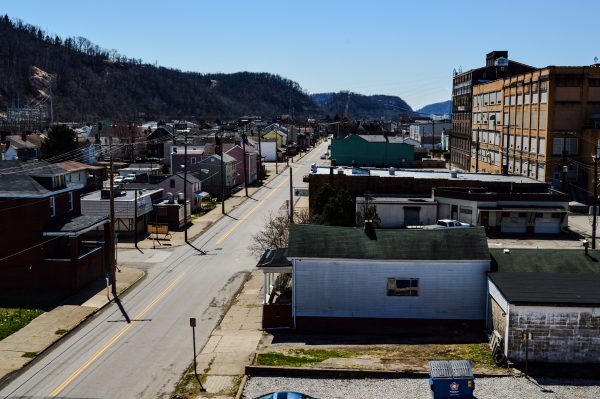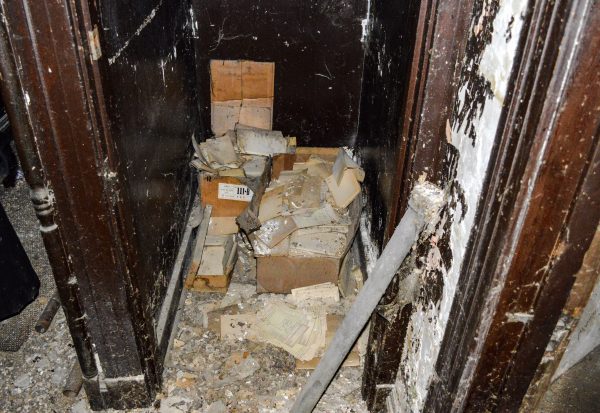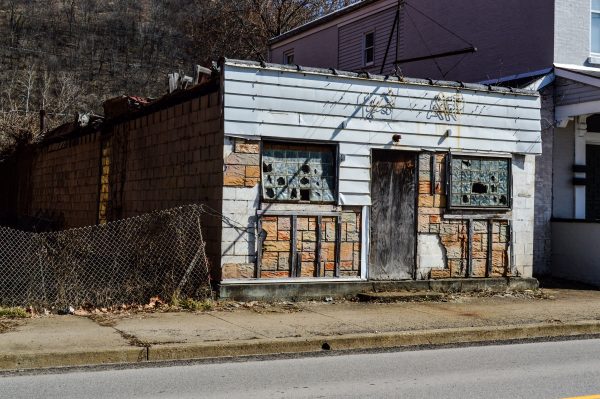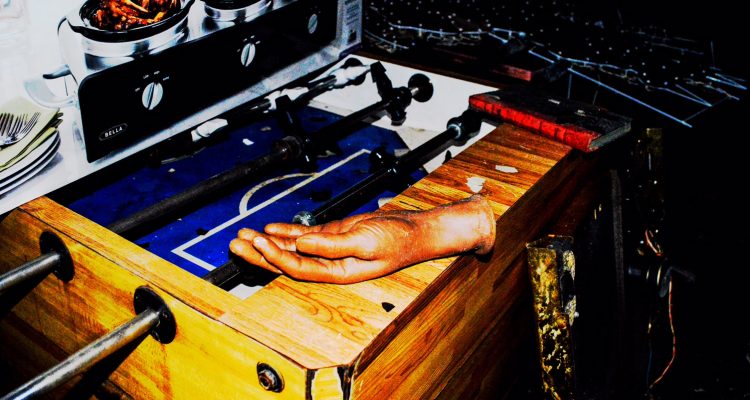You are curious, it seems, about all of those rumors and tales you have heard through the years about the back-room deals, the hijacked tractor-trailers, the drug distribution, and the green doors.
And some of you already know about this era in Wheeling. You participated, and in many cases you didn’t even know you were cooperating, technically, with Mob activities by playing the old poker machines or spot sheets. And if you did realize it, you didn’t much care. You weren’t hurting anyone, you insist, and as long as the unspoken rules were followed, the deals went down without incident.
Several folks have told me that crime was less of a problem when the Mob ran things. Some have even suggested Wheeling was a better place when gangsters established the street rules. People stayed more “in line” out of fear they would attract the attention of an “enforcer.”

The Top 10 People Who Have Contacted Me Since “Part 1”:
- Federal inmates
- Ex-wives of current inmates
- Sons and daughters who have wondered for years whether their fathers or grandfathers were involved because of memories from “those days”
- A granddaughter of a man who was murdered
- A few former participants who now wish to write tell-all books about the decades during which the organized, illegal activities were common and accepted
- People who want to know whether I’ve seen their surnames in any of the files
- Folks who worked on the fringe of Mob activities, many of whom have stories about what they witnessed
- One lady who claimed she was the daughter of a “coal-town hooker” who later became a Madame in Centre Wheeling
- A few wannabe “players” from that era, those who were wagering but possessed no push or power in the end
- Retired members of law enforcement
Some have asked me to help them get answers to their questions; others want to add to the stories I’ve shared thus far, and a few folks have offered insight into this criminal culture that was both obvious and secretive at the same time. Most of the individuals who have reached out to me have been very careful not to implicate those they fear may still possess influence in today’s Wheeling. They’ve written emails or Facebook messages from accounts created specifically for cautious communication.
That’s because they do not know who may still be around who still could care about shared tales from those days when that guy at the end of the bar wasn’t just a customer drinking a drink. He had a purpose. He observed, and then he collected.

The Top 10 Questions I’ve Been Asked:
- How are you finding a lot of this information?
- Interviews; public records; personal experiences.
- Are bets still taken by phone around here?
- Not to my knowledge, but I’ve never been much of a gambler.
- So people really got whacked?
- Yes, they did, and for many reasons like stealing from the “family;” having sex with a made-man’s wife; speaking with law enforcement; and deals gone bad for whatever reason.
- Do I know anyone of these sources of yours?
- Not likely – except for Tom Burgoyne – because the majority of the folks with whom I’m talking to no longer live in the Upper Ohio Valley.
- How many of the old mobsters are still alive?
- Not a lot of the leaders from when the Mob was still active in the late 1980s, but some of the low-level guys are still here.
- Do you still let your wife start the car?
- I do, and that’s because no threats have been made.
- Do you still go out in public?
- I do. I must. I’m kind of out there.
- Has anyone told you to stop writing the Mob series?
- One person has suggested I do, saying that I should leave it alone. My reaction was, “Why?” The response? “Just because.”
- Do you feel safe?
- I do.
- When will the next chapter be published?
- This Saturday.
Many Weelunk readers, too, have contacted me because they are intrigued with the history of both the mob-related activities and the federal investigation that dismembered the organization. Some have been taken by surprise because, following the conviction of ringleader Paul Hankish, the story just sort of stopped there. People who are at least 40 years old today are familiar with the legends because the circuit was still very active when we were teenagers. The spot sheets, illegal poker machines, the back-room gambling, and the pimped-out hookers were normal to us, but those younger than we were not touched much because the state took control of video lottery action, the brothels were raided and then razed, and mostly outsiders assumed control of the drug trafficking.

But what no one knows is how, exactly, it was organized by Bill Lias, and then by the Hankish “family,” and those are the stories I’ll continue to tell as this series continues. When it comes to the Mob in Wheeling, more than headlines and sound bites are necessary in order to comprehend the history of who was involved, how it was pulled off, and ultimately how it was all taken down by the federal government.
And that’s because it did happen here in Wheeling.




